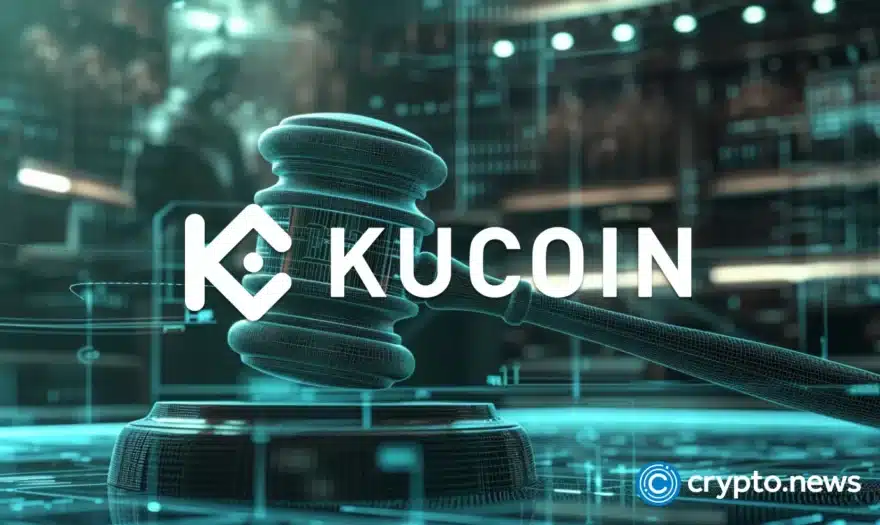Malta: Government Agency and T-Systems to Push Blockchain Adoption

Malta Enterprise will be the first organization to join the German Blockchain Ecosystem launched by T-Systems. The announcement comes directly from the two companies that have signed a Memorandum of Understanding (MOU) on October 30, 2019.
Blockchain as a Service
Deutsche Telekom recently announced that its subsidiary T-Systems will be offering its business customers a German Blockchain Ecosystem (GBE) from 2020 onwards. Thanks to this service, T-Systems will offer the first Blockchain as a Service marketplace, which will enable customers to map different applications using blockchain.
The first organization to be part of this project is the government agency Malta Enterprise, responsible for both foreign investment and economic development on the island of Malta.
Being one of the pioneers in the blockchain industry and the first European nation to have built a legal framework for DLT solutions, through this partnership Malta wants to contribute to the success of local blockchain companies by providing a unique platform to developers. Furthermore, companies that will rely on T-Systems services will receive a certification from Malta’s Digital Innovation Authority, the primary authority responsible for promoting all governmental policies that promote Malta as the center for excellence for technological innovation.
Malta Is Accelerating Private Blockchain Adoption
The first product of this platform will be the “Validator as a Service” solution. This service makes it possible to verify and validate processes between companies through a distributed structure that guarantees their safety and reliability.
This belief, that blockchain networks provide higher security and control than any other technology, is what is driving the fast adoption of blockchain in Malta.
Looking at the details of the collaboration between the German company and the Maltese government agency, however, it raises some doubts about the choice of the blockchain infrastructure on which the platform will be based. The planned collaboration includes the provision of an enterprise blockchain platform as part of the Malta Innovation Hub, which will support the Ethereum, Hyperledger, and Corda DLT platforms.
Leaving aside Ethereum, Corda and Hyperledger platforms are private solutions mostly characterized by the hype that has been created in recent years. They are not so different than centralized databases but less efficient.
The platform will launch in 2020 so it remains to be seen how it will be developed, however, some exponents of the sector, including the CEO of the popular Bitcoin wallet and investment app Abra, think that enterprise blockchains are doomed to follow in the misfortunes of private internet networks.












